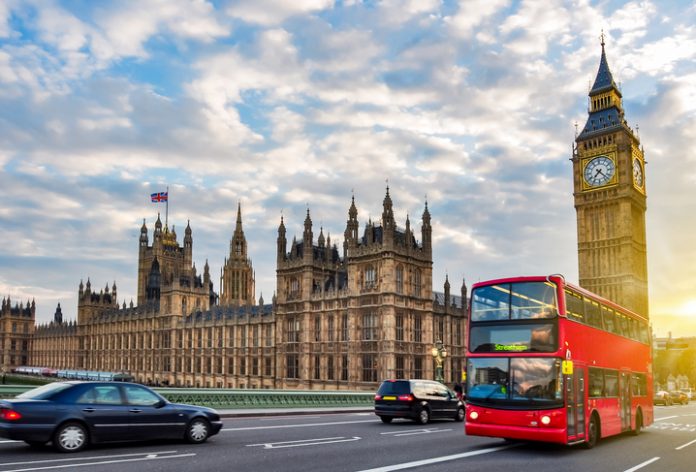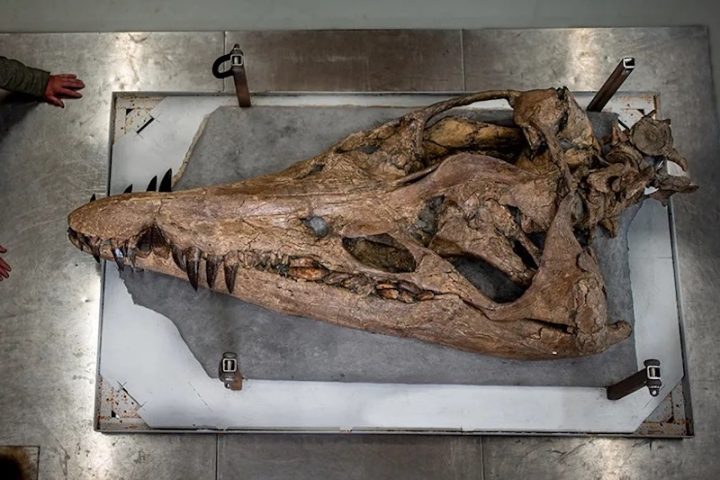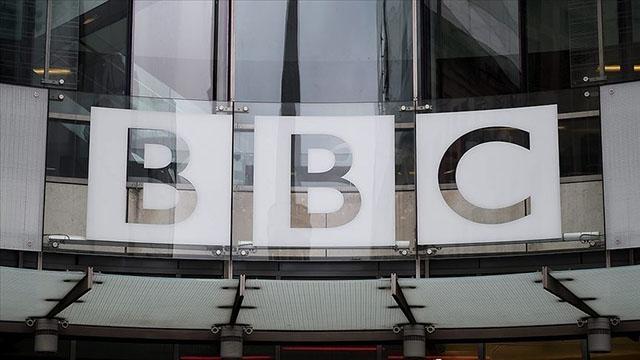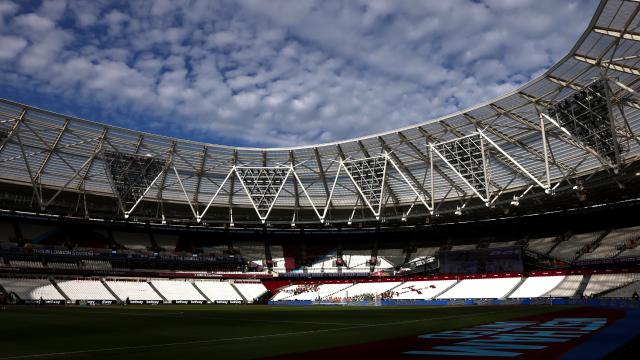- Where does the name England come from?
- What does England?
- Etymological history of England
I said “England”, but as you will see in a moment, we will touch upon the etymological origins of many elements. (This chapter has been the most tiring for me so far.) In Old English, England, (“the people of the land of Engla”) was named after the Germanic tribes who came to the island in the 5th century.
Engla is the first form of the word “angle/angles” in today’s English. Originally Engla/Angle/Angul (fishing rod). Engelsch in Dutch, Englisch in German, Engelsk in Danish, Anglais in French, Inglés in Spanish, Inglese in Italian.
After the Norman conquest (1066), which was a turning point in the history of the island, it started to be used for the islanders to distinguish them from the Norman and French conquerors. Over time, the “En” pronunciation changed to “In”. The term “Inglis” came into use in the 14th century in the center and north of the island.
“Anglican”, from Anglicanus or Anglicus in Medieval Latin, meant “the high church of England” in the 1630s. The name Saxson in Angle-Saxon comes from a weapon. Seax means “knife” in Old English (remember that Frank(on) was also the name of a spear, javelin or axe).
The first name the Romans gave to the island of Ireland was Scotia (bird country?). The word was used by an Irish king in 1005: “Imperator Scottorum”. From the 9th century onwards, “The Scots” no longer referred to the Irish, but to the “Scots” living in the part of the island called Scotland.
The language known as “Ulster Scots” spoken in some parts of Northeast Ireland was the result of migration from Scotland to Ireland in the 17th and 18th centuries. In English today, the word Scotch is used to describe something that comes from Scotland, such as “Scotch whisky”.
The preferred term when referring to people is The Scots, but today this term is considered offensive by the community we call “Scots”.
Let’s talk about Ireland: The Alexandrian Greek mathematician, geographer and astronomer Ptolemy (Ptolemy, d.170) called Ireland Iouerníā; his contemporary, the Roman historian Tacitus, called it Hibernia (Land of Winter?) in his book Agricola. The German-Dutch cartographer Gerard Mercator called Ireland “Hybernia” on his world map of 1541. Today, the term Hibernia appears in the names of banks, clubs, magazines and schools. In 2019, Canada named the oil field off the coast of Newfoundland and the offshore oil platform Hibernia.
The names “Ireland” in English and Éire in Irish derive from the Old Irish goddess Ériu, first recorded in Irish mythology in the 9th century. The etymology of Ériu is disputed, but it could mean “running water”.
Let’s talk about the term “British” (Briton people). Bryttisc in Old English means “relating to the ancient Britons”, the term may come from the Ancient Greek Prittanoi, meaning “tattooed men”. Briton in the 1200s meant “Celtic inhabitant of the British Isles”.
The name Britannia, or Britannia, is the name of a helmeted female warrior holding a shield and the trident of Poseidon, the Ancient Greek god of the sea, and the name the Romans gave to the island.
The words “Wales” and “Welsh” come from the Proto-Germanic word “Walhaz”, the meaning of which is unclear or I don’t understand. “Welsh” is the French name for the Celts and probably came into our language from the French “Pays de Galles” (Country of Wales).
A few examples from Ottoman documents: In the archive document describing the gifts brought by the first British ambassador William Harborne when he came to Istanbul in 1583, the chronicler says “diar-ı Frenk”, but in a document dated 1590 we read the term “British ambassador”.
In a 1603 dated document, the term “queen of the British peninsula” (peninsula=island) appears; in a 1612 dated document, “the province of England”; in 1662, King James II is referred to as “the king of England and Francia [France] and Hibernia [Ireland] and Britanya-yı Kebîr [Great Britain] provinces” and “the British”; and in a 1735 dated document, “the country of Ireland”.
The term “England” was introduced to the Ottoman Empire from the Italian “Inglaterra”. This term does not exist in English. (The Ottoman language uses Françiyalu as well as Françiya. “Spain” is exactly the same).
Sources
«Countries within a country», 10 Downing Street. Arkivert fra originalen 20. august 2008
^ «England», Britishembassy.gov.uk. Arkivert fra originalen 26. august 2008
^ Office for National Statistics. «The Countries of the UK». Statistics.gov.uk. Arkivert fra originalen den 20. desember 2008.
^ «England – Culture», Britainusa.com. Arkivert fra originalen 16. mai 2008.
^ «common law (n.)», Online Etymology Dictionary
^ «Country profile: United Kingdom», BBC News. 26. oktober 2009.
^ «Industrial Revolution», Ace.mmu.ac.uk. Arkivert fra original Arkivert 27. april 2008 hos Wayback Machine. den 27. april 2008.
^ I henhold til Eurostat, EUs kontor for statistikk, er London det største storurbane område (larger urban zone, LUZ) i EU. Et slikt område består av en bys storbykjerne foruten også dens pendlerområde. Londons befolkning er også den største i EU.
^ a b 2011 Census – Population and household estimates for England and Wales (PDF), mars 2011.
^ Burns, William E. (2009): A Brief History of Great Britain, s. xxi
^ Acts of Union 1707, Parliament.uk.
^ The American Heritage Dictionary of the English Language, fjerde utgave.
^ Pyles, Thomas; Algeo, John (1993): Origins and development of the English language. 4. utg., New York: Harcourt, Brace, Jovanovich.
^ a b «England (n.)», Online Etymology Dictionary





